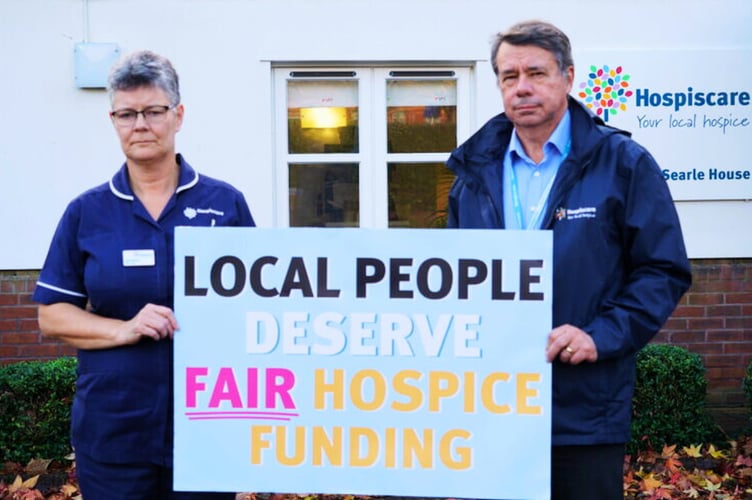This last weekend, I read an article printed in a recent copy of the Exmouth Journal. I have reprised parts of it because I think it is a vital document for several reasons. It concerns a report from the Royal College of Nursing and says that their research suggests that only one third of all hospital shifts had enough Registered Nurses on duty. Patients are at the mercy of stressed and demoralised staff. Nobody has time to check if patients have eaten, if they are hydrated (dehydration in the elderly leads to mental confusion -and a diagnosis of mental incapacity which is erroneous).
Community nurses too, have to choose which patients to visit – leaving some unattended because they physically do not have time to reach them. Who are the most at risk here?…the rurally isolate, the dying and the frail. Which leads to more hospital admissions, more beds being taken up and an accelerated morbidity rate. RCN Acting General Secretary, Professor Nicola Ranger declares that in every health and care setting, nursing staff are fighting a losing battle to keep patients safe. There needs to be legal safety critical limits on the maximum number of patients allocated to a nurse both in hospital and in the Community. Urgent investment is needed to enable vital nursing services to continue.
Now we learn that our own wonderful Hospiscare at Home nurses are facing an uncertain future as funding has fallen to a critical level. This service is far too valuable to lose and there must be some way of saving it. Buildings and staff costs are a necessary expenditure to keep such a service going but the priority must be to keep the nurses. Without nurses there is no service, there is no need for a charity to exist when it’s prime purpose is gone.
The level of Rural Deprivation is rising – we are losing our critical infrastructure. More houses means more people and more need of medical services especially for the frail and dying, not all of whom are old!
Wes Streeting says he wants to reform the NHS…so bring back Nursing Bursaries, bring back the practical, caring professionalism of the State Registered Nurse and encourage young men and women that it is a career with tremendous personal satisfaction and a decent living wage. Then we can re-open our Cottage hospital inpatient beds so people can have family and friends to visit and enable their recovery or to make a final visit so patients can die with their loved ones around them and not die alone.
Jan Goffey
North Dartmoor Health Initiative




